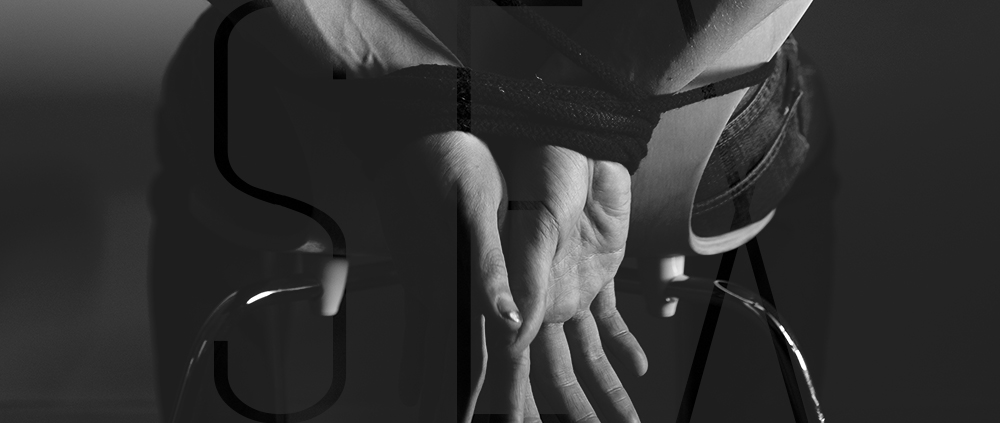I don’t go to class very often.
If the slides aren’t posted, I might go. If there’s content in the lecture that I can’t get from the readings, I’ll probably go. If attendance is mandatory, I’ll go, but that is really rare.
Instead, I typically decide that I’d rather go to the gym, watch a movie, play video games or, my personal favourite, stay in bed and sleep.
See, the odds are good that a few days a week when I have class, I’ll have been out late the night before, perhaps overindulging and now nursing a hangover. On a morning when I’m still wearing the beer-soaked jeans from power hour and my shirt is long gone, it’s just easier to stay in bed. I’m sure it’ll work out; I’ll definitely go to class on Thursday, or maybe next week. The midterm isn’t for a month or so. I’ll do the readings later, it’ll be fine.
That has been my approach to school for the last four years. Granted it’s probably not the best way to go about my education; I’d be getting better value for my out-of-province tuition if I attended every class and sat in the front row. I’m sure my mother would agree.
I don’t get terrible marks though. I am not a straight-A student by any stretch of the imagination but neither am I on the verge of failing. I’m not special. I put in less than 10 hours of work per week on average, seldom start papers or projects early and never do optional assignments. I don’t possess a supernatural ability to absorb information, I don’t have a photographic memory and I don’t study any of my class material in advance. By all logic, I should not be doing well at university. Yet I do.
Shouldn’t this be more difficult? Post-secondary education is supposed to be what prepares us for our real lives – the last stage before one becomes truly independent – so why can we skate through it?
This is the issue that seems to be omnipresent in the post-secondary education system: it is fully possible to do the absolute minimum in every class and not only pass, but pass well.
Clearly I cannot speak for every class in every faculty; there are difficult courses and some faculties are certainly tougher than others. But among my major, minor and elective courses, I have yet to encounter a class that caused me to drastically change my work ethic.
Over the last four years I’ve realized the way to be successful in class is not to accumulate a great deal of knowledge and understanding, but rather to be good at regurgitation. With the small amount of attention paid to each individual in a 200-person class, a professor or T.A. cannot accurately gauge one’s comprehension of the material. But they can assess you based on what was said in that term paper, that essay question, or the five minutes you speak during a conference.
This allows me to quote key terms from the notes, name drop the authors the professor respects and then spend the rest of my time doing literally anything else. I’m not proud of how I handle schoolwork; I’m not a good role model for the fresh-faced first years I see in my elective classes. This is just how I have discovered schoolwork can be done.
When it becomes this easy to game the system, do you blame the ones who figured it out or the ones who created it?
If the goal of education is the collection of impressive letter grades, then it’s safe to say that the process has been streamlined. But if the intention is to impart knowledge, then rewarding someone like me is quite possibly the worst way to achieve that. We constantly hear how difficult it is to get a job post-graduation, how a university diploma just isn’t enough. But when a diploma is this easy to get, maybe it shouldn’t be.
It’s easy to say that it’s not the university’s job to make me take my education seriously. The tools are there and if I didn’t use them, that’s my fault, not the university’s. But can you blame me if I don’t want to scrutinize every page of the coursepack when there’s an easier method right in front of me? The problem is not that I don’t take my education seriously, it’s that I don’t take McGill’s education seriously.
Put differently here, there are a lot of classes I take here that I do not care about just to get my diploma. In an educational system that so highly values good grades, it makes sense that I would put the least effort into these while still trying to get good grades. If McGill wants to impress this curriculum on me and actually have me learn something, then at least make me work for it. Handing out easy grades to people gaming the system sends a mixed signal to employers: what does a diploma actually stand for? If McGill wants to remain one of the top schools in Canada, it should concern itself with imparting the best education possible, not creating the easiest path to a degree.
The bright side is that people like me are not total lost causes. The abundance of free time allows us to pursue what we are passionate for instead of memorizing facts. We still cultivate skills, we still learn—we pursue our education. But the feeling remains that had we been pushed a little hard to learn some of the things McGill wanted us to learn, we might be just a little more prepared for the real world.
It’s too late for me though. I’ll be out of here in three months, so even if the difficulty curve were to spike upward it won’t make my McGill education any more effective. I just hope that if we want these four years to mean something, then maybe it should require more effort to get that passing grade, and then maybe then people like me will have to spend a few more hours a week in the library.
The author would like to add that if any of his professors or his mother is reading this, the preceding article is a work of satire and he is currently in the library.
The views expressed in this opinion piece are the author’s own and do not necessarily represent those of The Bull & Bear.








